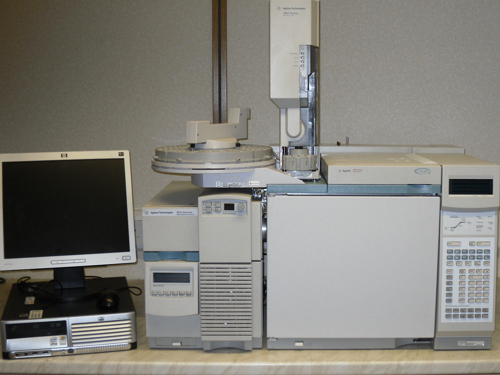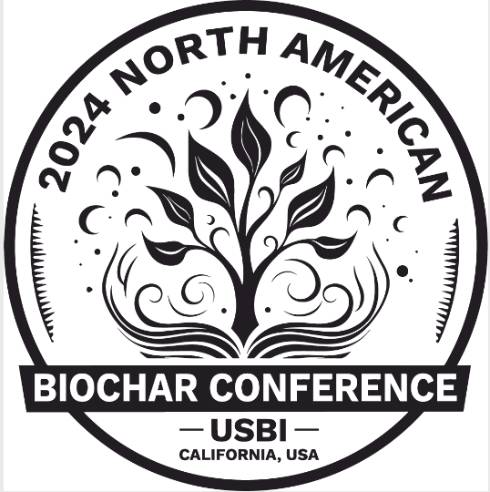Analysis of Behenic Acid
Behenic acid (Docosanoic acid) is a saturated, very long-chain fatty acid of 22 carbon atoms.
Moringa oleifera seed oil and peanut contain a relatively high amount of behenic acid. During the hydrogenation of vegetable oil, erucic acid gets converted to behenic acid. So, behenic acid is high in hydrogenated canola oil, which is rich in erucic acid.
Behenic acid in green algae such as Ulva fasciata and Ulva armonicana ranges around 1-2.5%.
Behenic acid is used to synthesize behenyl behenate, a hydrating agent present in many skin and hair care formulations. Diet rich in behenic acid was found to increase serum LDL cholesterol levels in human participants. On the contrary, structured triacylglycerols containing behenic acid tend to reduce fat deposition in rats. Capranin, a behenic acid-containing triacylglycerol, is a low-calorie fat substitute used for candy making.
Behenic acid can be used to synthesize solid-liquid nanoparticles with drug delivery applications.
Moringa oleifera seed oil and peanut contain a relatively high amount of behenic acid. During the hydrogenation of vegetable oil, erucic acid gets converted to behenic acid. So, behenic acid is high in hydrogenated canola oil, which is rich in erucic acid.
Behenic acid in green algae such as Ulva fasciata and Ulva armonicana ranges around 1-2.5%.
Behenic acid is used to synthesize behenyl behenate, a hydrating agent present in many skin and hair care formulations. Diet rich in behenic acid was found to increase serum LDL cholesterol levels in human participants. On the contrary, structured triacylglycerols containing behenic acid tend to reduce fat deposition in rats. Capranin, a behenic acid-containing triacylglycerol, is a low-calorie fat substitute used for candy making.
Behenic acid can be used to synthesize solid-liquid nanoparticles with drug delivery applications.
Click here to place an order for determining Behenic Acid.
Request a QuoteBehenic Acid Content
Analysis Packages for Behenic Acid
Equipment Used for Behenic Acid Analysis

Gas Chromatograph with Mass Spectrometer (GC-MS)
Our lab has an Agilent 6890 gas chromatograph (GC) coupled to an Agilent 5973 mass selective detector (Mass Spectrometer).
Additional Material
We can determine the Behenic Acid content of biomass, click here to learn more about our various biomass analysis methods.
We can determine the Behenic Acid content of seaweed, click here to learn more about our various methods for analysing seaweed.
We can determine the Behenic Acid content of microalgae, click here to learn more about our various methods for analysing algae.
We can determine the Behenic Acid content of seaweed, click here to learn more about our various methods for analysing seaweed.
We can determine the Behenic Acid content of microalgae, click here to learn more about our various methods for analysing algae.





